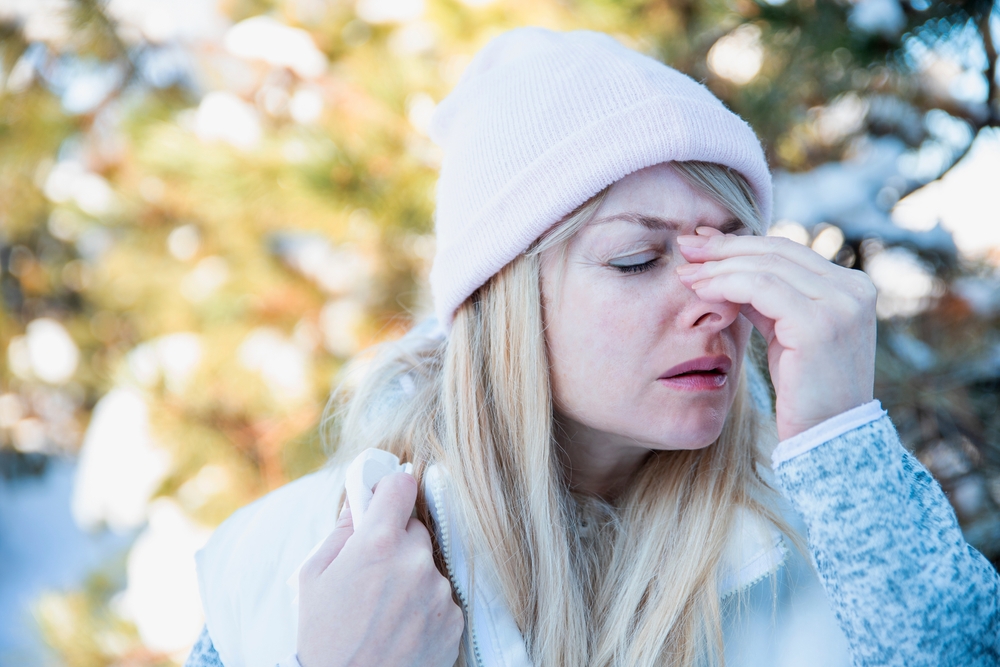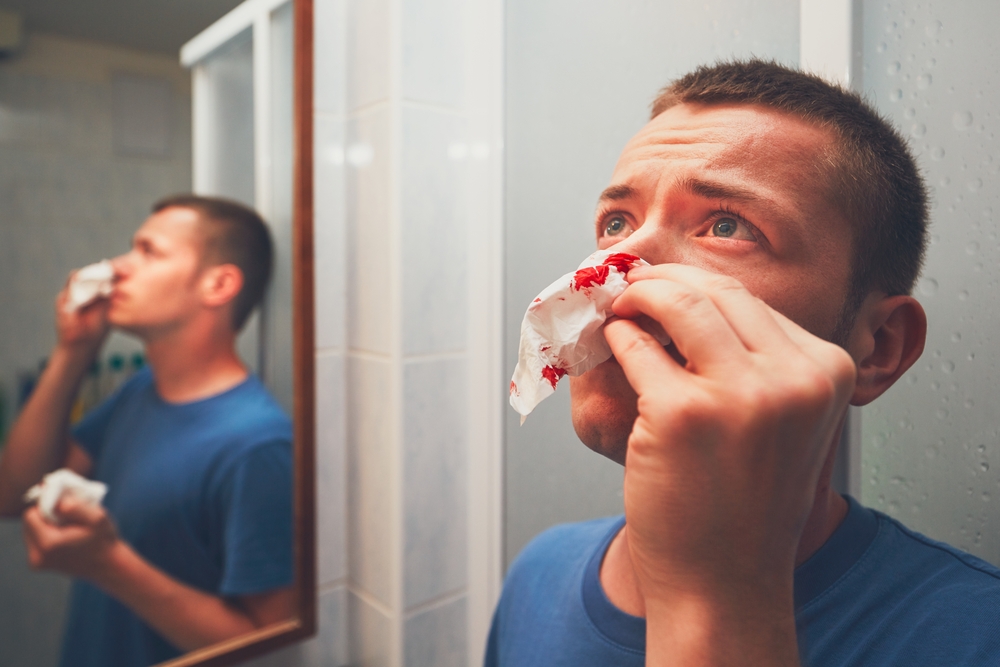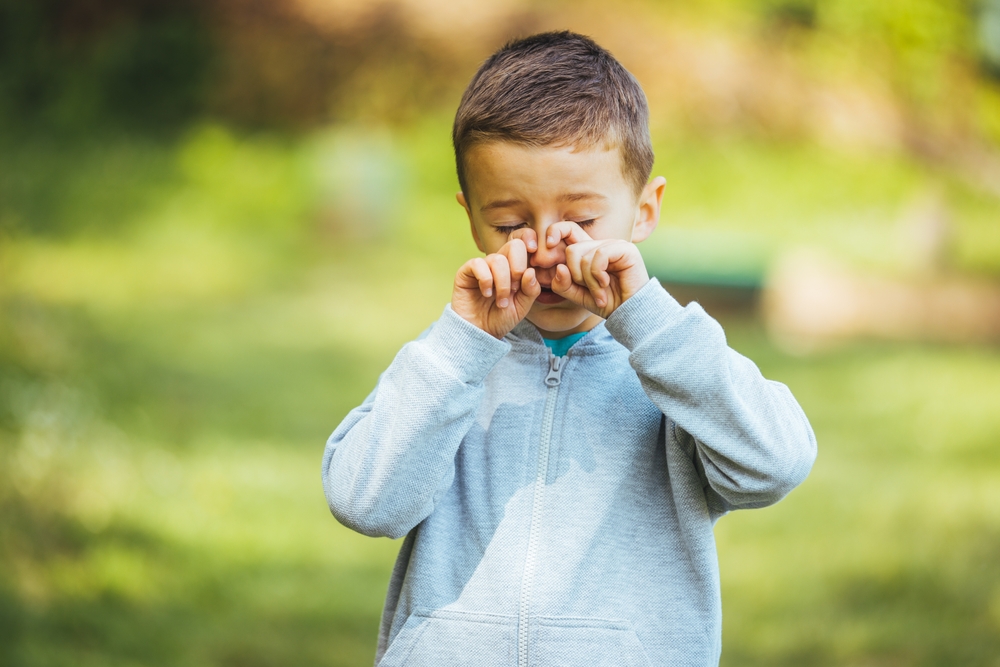While allergies are typically associated with the spring and fall seasons, weather fluctuations can have various effects, including impacts on your allergies. Discover how shifts in the weather influence your allergies and explore measures you can take to alleviate the associated symptoms.
How does weather impact allergies?
We’re accustomed to associating allergy symptoms with a specific “allergy season,” but the truth is, changes in weather throughout the year and isolated weather events can cause allergic reactions for many individuals.
The correlation between your symptoms and the weather depends on your specific allergens.
Here are some examples:
- Rainy and Humid Days: These conditions foster mold growth both inside and outside your home. Dust mites also thrive in such environments. The damp air weighs down pollen, keeping it close to the ground. If you’re allergic to pollen, you might find these days more comfortable.
- Dry and Windy Days: On such days, pollen and other allergens are carried into the air, triggering hay fever and other reactions. The best course of action is to close all windows and stay indoors during windy weather.
- Hot Summer Days: High levels of air pollution, including ozone and smog, are common on hot summer days. These can be triggers for individuals with allergic asthma. It’s advisable to stay indoors on days with elevated air pollution levels.
- Cold Temperatures: Cold temperatures can be a trigger for those with allergic asthma, particularly when exercising outdoors. This can lead to excessive coughing. Taking precautions, such as warming up properly and considering indoor exercise on extremely cold days, may help manage symptoms.
Signs weather is affecting your allergies
Common symptoms of weather impacting seasonal allergies include:
- congestion
- runny or stuffy nose
- itchy watery eyes
- coughing
- sneezing
- fatigue
- wheezing
- dry scaly skin
- post nasal drip
- headaches and migraines
The changes in weather, temperature, and barometric pressure all contribute to allergic reactions and the above symptoms.
How to manage allergies during weather changes
While you can’t dictate the weather, there are strategies to cope with weather-related changes.
- Over-the-counter medications. Such as antihistamines, decongestants, and nasal sprays.
- Minimize exposure to your allergens. Take measures to limit contact with things that trigger your allergies.
- Stay informed about pollen counts. Keep an eye on weather reports and news updates for information on pollen counts.
- Plan outdoor activities wisely. Schedule outdoor activities during times when allergen levels are lower.
- Use a mask for outdoor work. When working outside, consider wearing a mask to reduce exposure to allergens.
- Manage indoor allergens. Regularly clean your living space to manage indoor allergens and maintain a healthy environment.
- Use a HEPA air filter. Install a HEPA filter to reduce the presence of house dust and allergens indoors.
Find an ENT specialist near you for help with symptoms related to changes in the weather impacting your allergies.



